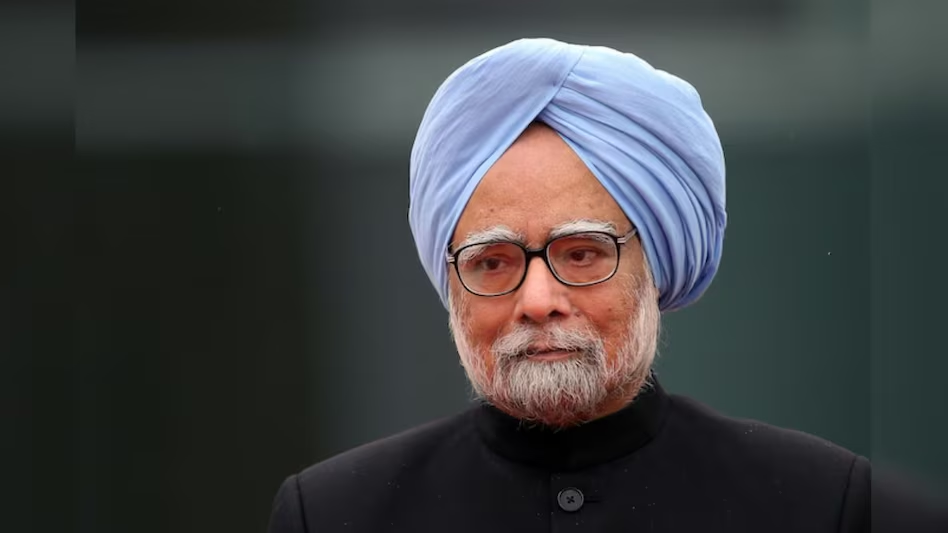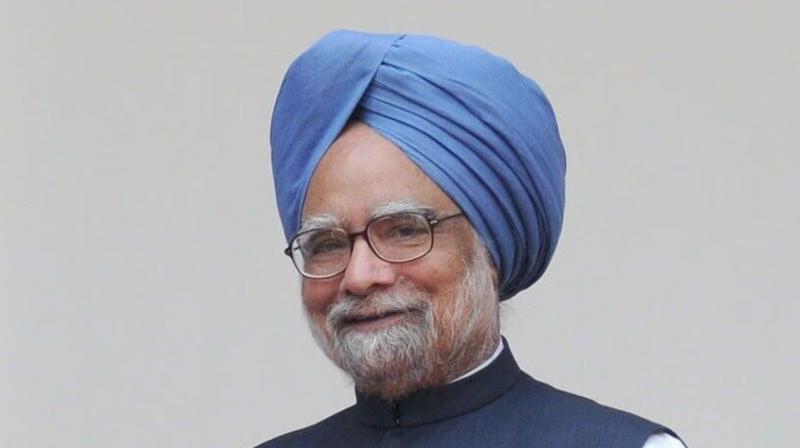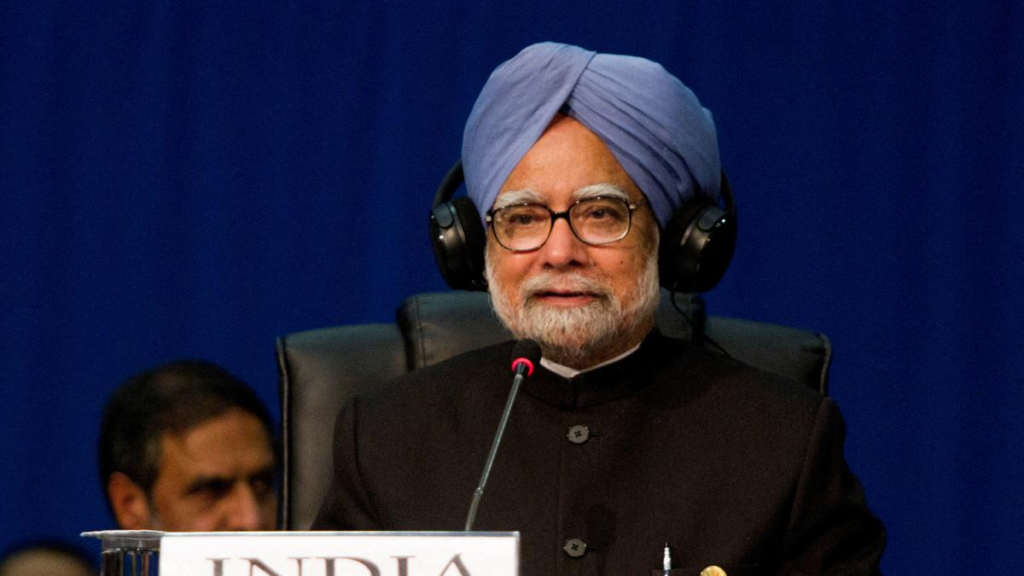Manmohan Singh, India’s 13th Prime Minister, is often referred to as the “Accidental Prime Minister.” But why is he called that? What led to this unexpected rise, and how did he handle the challenges that came with it?
Table of Contents
Is Manmohan Singh the Prime Minister India Never Expected?

In 2004, the Indian National Congress (INC) won the general elections under the leadership of Sonia Gandhi. But what followed was surprising. Despite Congress’s victory, Sonia Gandhi stepped aside from the position of Prime Minister, citing concerns about her foreign origin. The result? Manmohan Singh, a technocrat and economist, was chosen as the compromise candidate. His appointment as Prime Minister came as a surprise to many, especially since he was not actively involved in electoral politics.

Though Manmohan Singh had made significant contributions as India’s Finance Minister in the 1990s, where he oversaw critical economic reforms, he had never been a prominent political figure. So, was he truly prepared to lead the country? Singh’s background in economics made him well-equipped to handle India’s economy, but his lack of political ambition left many questioning whether he was truly ready for such a high-stakes role.

Even after becoming Prime Minister, Singh’s role was often seen as subordinate to Sonia Gandhi’s influence. Critics argued that despite holding the title, Singh did not wield the same power as his predecessors. His leadership was often regarded as cautious and understated. Was he the true decision-maker, or was Sonia Gandhi still calling the shots?
Also read
Why Did People Call Him the Accidental Prime Minister?
The label “Accidental Prime Minister” gained prominence with the release of Sanjaya Baru’s book by the same name. Baru, Singh’s media advisor, suggested that Singh’s leadership was shaped more by political compromise than by personal ambition. His appointment, according to Baru, was a result of circumstance rather than a carefully planned career trajectory. Was Singh really in control of the government, or did political forces beyond his reach shape his tenure?

